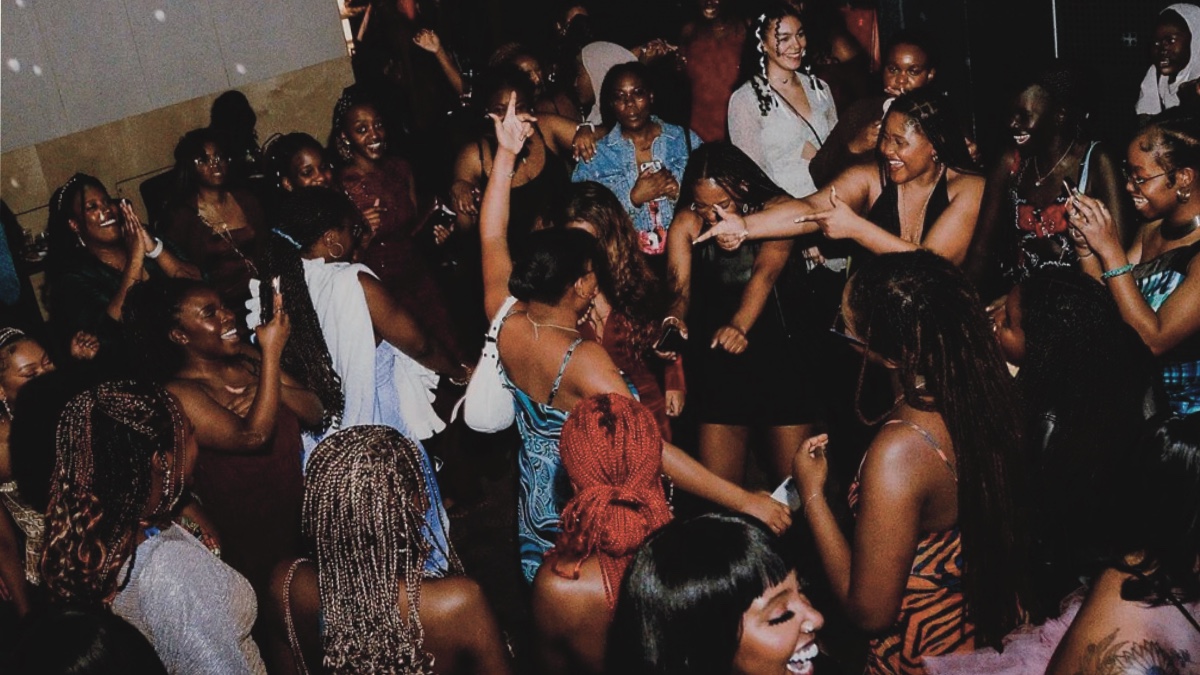When she started her second year of university — and of being in Ottawa — Nicole Chinery officially decided to seek out a community of fellow Black women.
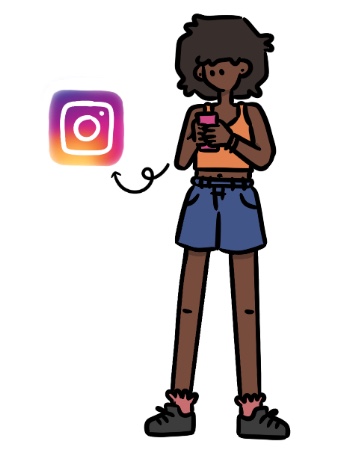
“I started finding places on Instagram, organizations on Instagram, [for] just, like, community,” Chinery told Capital Current.
Through the social media platform, Chinery found a Black women’s book club, Black Thots, that she attended for a few months. And she discovered other events to try out.
Being in a predominantly white space is not an easy situation for a Black woman. Black people only accounted for 8.5 per cent of Ottawa’s population as of 2021. To make their way, Black women are finding and creating ways to connect with each other.
Chinery has only been living in the city for “a little over two years” now, after coming to Ottawa alone from Ghana.
Like many beginning life in a new place, she says building community was essential for her. For many Black women, the impact of having others to reach out to and interact with is vital to personal empowerment and well-being.
”There’s a certain validation that happens from Black girls [and] Black women to other Black girls [and] Black women that … can’t be replicated,” said Morissa-Dalia Ellis.
“I’m from Ottawa. I’ve lived my life in Ottawa, and I’ve always felt under-represented or like there weren’t a lot of spaces where I could be my full self.”
This feeling of not seeing enough of herself reflected in her city encouraged Ellis to found the grassroots organization, BLKGURL.
BLKGURL organizes events, its most popular being the BLKGURL Prom. The event was born from Ellis’s bad prom experience, where she didn’t feel represented.
”I had a prom that I really, really hated. I didn’t like the food, I didn’t like the music,” Ellis told Capital Current.
“And so when I finally had the means and the capacity, I decided to create a Black girl prom where it was open for Black women and gender diverse, gender marginalized people. The food was food people ate and were familiar with. It was really just a space to be free.”
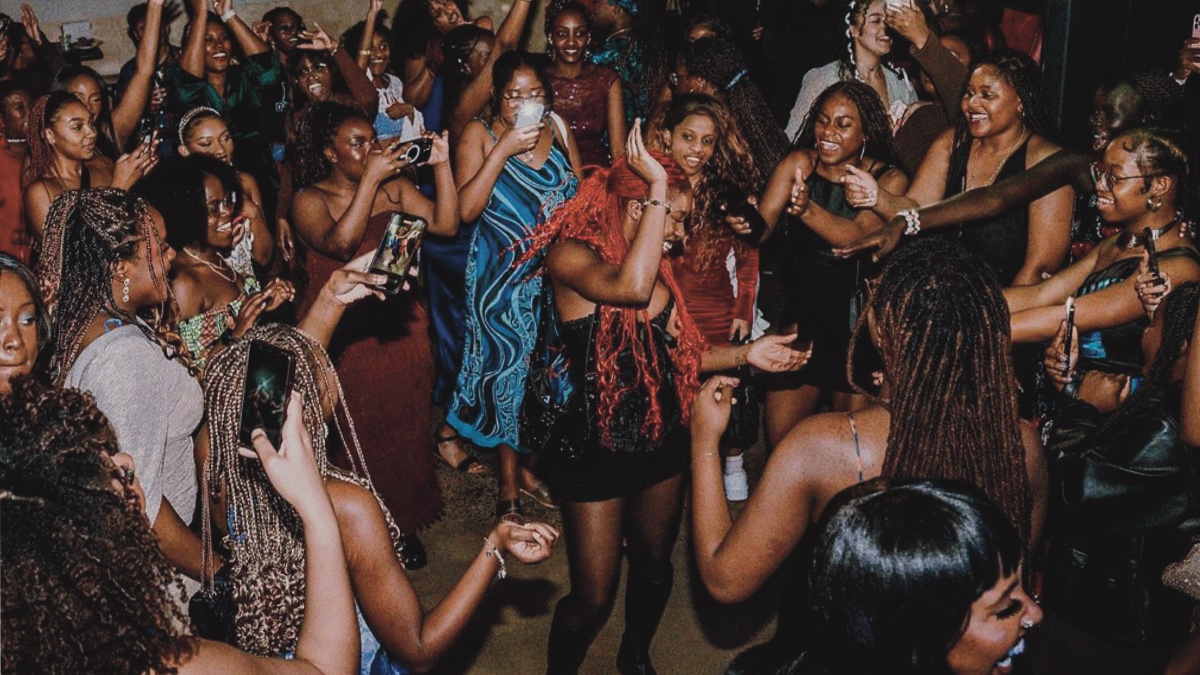
The focus goes beyond the prom, as the organization’s goal is to curate spaces that centre on the often overlooked social locations of those in the Black community, and unique moments of identity development that require community support.
“I think that a lot of times, when you grow up is a space where you know that you’re ‘other’ and maybe the only Black people that you know are your parents or, like, people who are a generation older than you; it’s so hard to like find a sense of self. And when your sense of self is created or based off of what you are not, it is so hard to be true to yourself,” Ellis said.
“I am privileged because I do have younger sisters and I’ve had the privilege of having a community through family members, especially because I have relatives who are in my age group. I have recognized that not everyone has that. And so not everyone has somewhere where they can talk about their mistakes and not feeling judged, where they can ask questions about their hair or how they’re presenting or what that looks like.
“I think that there are so many things that are quintessential experiences as a Black women, as a Black girl, that cannot be replicated or explained. And even if it have to be explained from a Black woman to a Black woman, there’s a care there … it cannot be done by anyone else,” said Ellis.
I’m still learning to navigate through the world as a Black person, being conscious of the fact that I’m Black. I feel like I still felt that this was a white space. Even though I’m not thinking of it, I still felt that way. So now I’m thinking OK, why did I feel like that?
Nicole. Chinery
Chinery didn’t really think about race until she moved to Canada, so she was also unfamiliar with those experiences that can be unique to race. Once, she volunteered at a book club, as part of her journey to finding community.
”I’m still learning to navigate through the world as a Black person, being conscious of the fact that I’m Black. I feel like I still felt that this was a white space. Even though I’m not thinking of it, I still felt that way. So now I’m thinking OK, why did I feel like that?” Chinery said.
”It just felt like it wasn’t really catering to my experiences. I felt like every time I would share my experience, share my story, just like use my voice, it always felt like an isolated voice … It’s like you say something and you don’t feel like it’s resonating. Or you don’t feel like they get what you’re saying.”
Ashley Ighorewo believes sisterhood among Black women provides a Black woman the validation that Chinery felt she was missing.
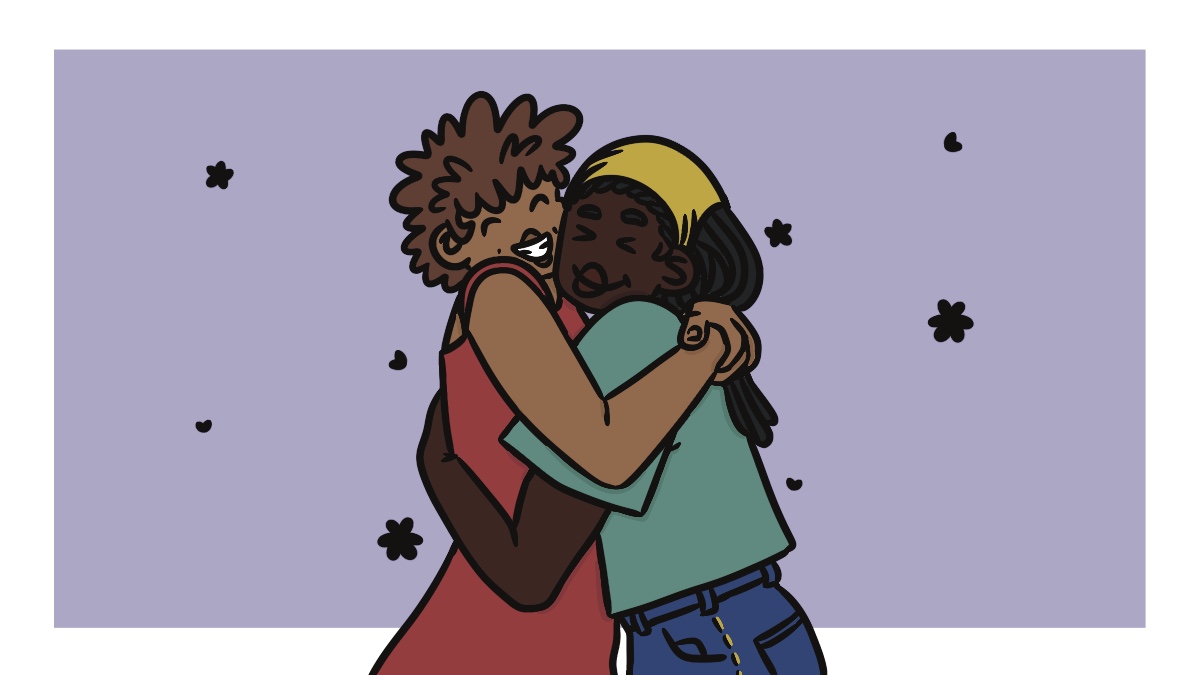
”As Black women especially, in today’s society … we really need to love each other. We definitely haven’t been well represented in the world for a very, very, very, very long time. We’ve been mocked … we’ve been turned into commodities. And I think sisterhood is important because it humanizes us as well,” Ashely Ighorewo told Capital Current.
Ighorewo is the founder and CEO of the media outlet Freegxrl Media. The outlet is geared towards encouraging “healing and self-growth” and having difficult conversations “without apprehension,” according to its website.
Freegxrl Media’s For The Girls is one of the outlet’s events, also curated exclusively by women, where women can party and dance to the sets of various women DJs.
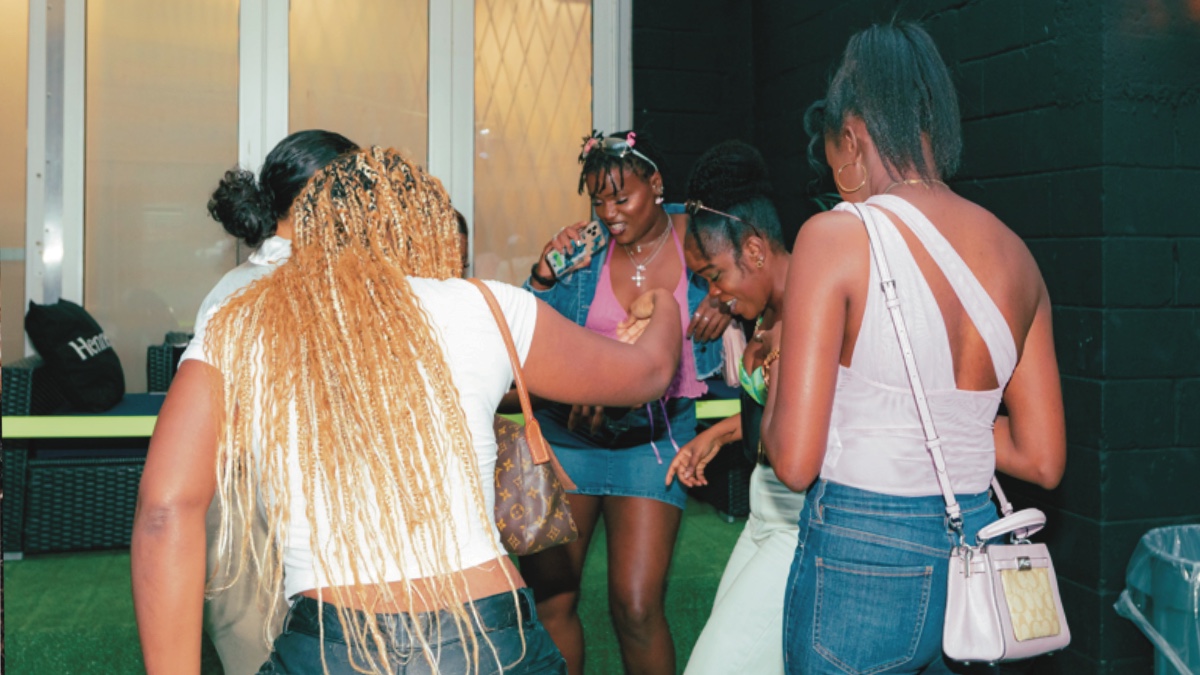
”I wanted to create community and connections offline … I always want to create representation for my girls,” Ighorewo said.
Though For The Girls is for all women and even open to men as well, Ighorewo says that the event’s largest demographic is Black women and other women of colour.
When asked about how Freegxrl Media approaches making For The Girls a pro-Black women space, Ighorewo said representation is key.
”I make it clear that the people involved are Black women. I think that also helps [other Black women] feel welcome too. They see like, OK, this is a female-curated event I feel like I can go there and relate … I feel like representation in itself is just what helps to create [comfort] in a space,” Ighorewo said.
As Freegxrl Media uses the “For Us, By Us” approach to it’s curation, Chinery does the same while she’s working on developing her community.
Chinery said she understands community to also be a feeling. Having moved to Canada by herself, “no family, no friends, nothing,” she’s feeling that void in her life.
“So, like, being conscious of what it feels like to not have community, and so now there’s an even greater desire [to have community].”
For Ellis, this pursuit of Black sisterhood and community spaces echoes the sentiment that it takes a village.
“To create a space where people do not have to hold their identity separate and they are cared for and looked after, I think is core to community and sisterhood,” Ellis said.

